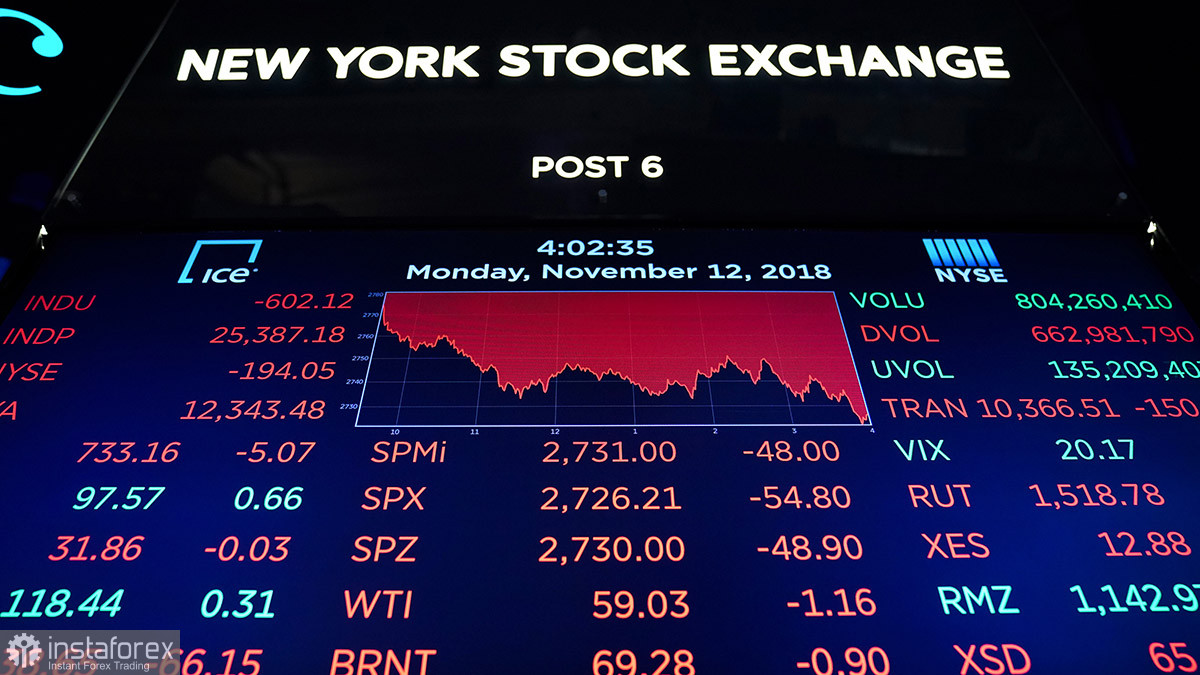
We only said that it would fall for the last two months of analyzing the US stock market. This was the case even when indices and stocks were growing. The fact is that the tightening of monetary policy is a very strong fundamental factor, which no longer works according to the principle of macroeconomic statistics at the time of its inclusion. How are things with statistics? This or that report comes out, the markets evaluate it and give some reaction. There may be no reaction. In the case of monetary policy, market conditions are changing. In particular, government bond yields (treasuries) are rising, bank deposit rates are rising (because they are tied to the key rate), and loan rates are rising. What does this lead to? An increase in demand for bank deposits and treasuries and a drop in demand for loans. Since the money supply does not increase in parallel (and at the moment, it is decreasing due to the QT program), the capital flow from one market to another begins. In our case, from the stock market to the bank deposit and bond markets. This is how the influence of monetary policy on the markets works. Thus, unless the flow of foreign investments begins from abroad, the stock market cannot react in any other way than falling.
Morgan Stanley bank analysts also agree with this opinion. Chief equity strategist Mike Wilson believes that the US stock market will lose at least another 25% by the end of the year. Wilson said the S&P 500 index could sink to 3,400 points if the Fed implements a "soft landing" of the economy. The index will lose 15% of the current values in this case. If a "real recession" begins in the American economy and not a "technical" one, then the indices will sink by 25%. But in any case, a "soft landing" will be possible when the Fed stops raising the rate, and this moment is still far away. Wilson also said that we should expect the stock market to fall over the next one or two quarters. He notes that the markets do not adequately assess the actions of the Fed and the risks of companies' falling profits from the regulators' actions. The rate hike itself may already be considered in current prices, but the consequences of an aggressive monetary approach will be much worse than the market sees now. Thus, the bank expects a new large-scale decline, which may have already begun and is proceeding now. From our point of view, cryptocurrencies, which are even riskier assets than stocks, will continue to fall. When should we expect growth? We believe that only when the Fed begins to send unambiguous signals about the end of the monetary policy tightening cycle. And this will happen no earlier than 2023.





















